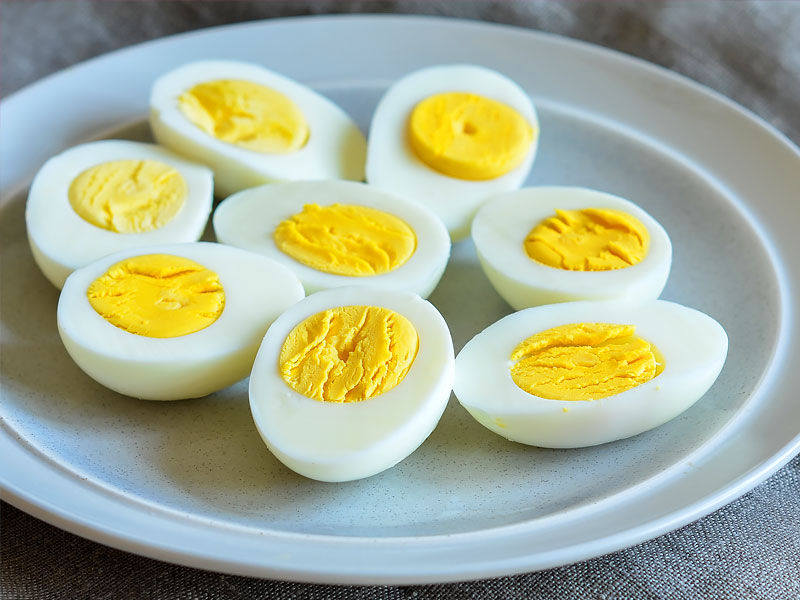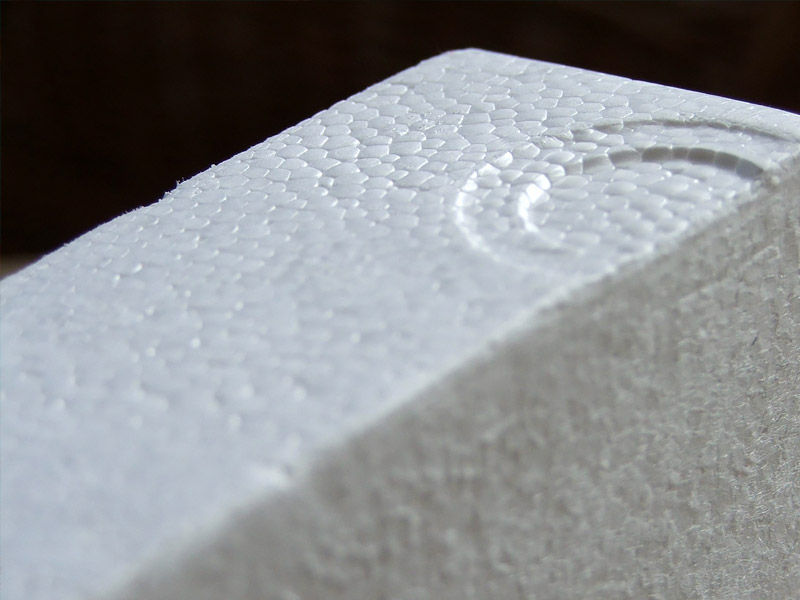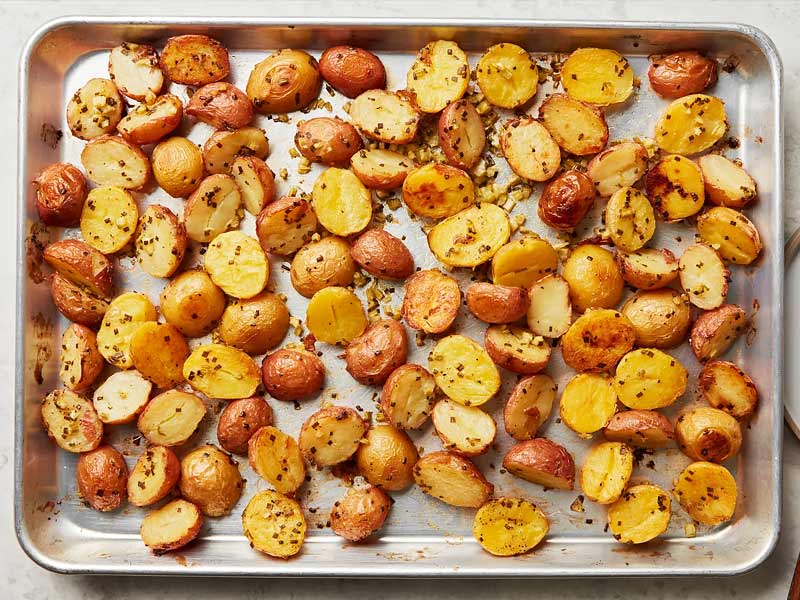A modern technological marvel is the microwave. Food can quickly change from freezing to scorching hot. It expedites prep time, reduces cook time, and generally eases the workload of the home cook.
However, not everything belongs in a microwave. If nuked for less than a minute, certain foods, drinks, and containers can release toxins, burn, melt, or even explode. Some might even become poisonous.
Some of these foods are pretty standard; you might have even given one a quick microwave heating this morning. However, just because something horrible hasn’t happened doesn’t mean it won’t, so keep these foods away from the hot box to protect both yourself and other people.
Also read: 5 Best Anti-Aging Herbs to Fight Skin Aging
Chili Peppers

The ingredient that gives red, orange, or green peppers their heat is called capsaicin. Heat releases the capsaicin into the enclosed air of the microwave, especially in the case of ultra-hot peppers. Vents can burn and irritate your nose, eyes, throat, and lungs when you open the microwave door.
Hard-Boiled Eggs

You put an egg in the microwave for 15 seconds because you’re sick of eating cold eggs for your midday snack. Everything is fine until you cut into the egg and it explodes, splattering all over you, your computer, and your office.Eggs cooked in a microwave produce steam whether they are peeled or in their shell. Pressure increases because the steam is unable to escape the whites. Steam is instantly released from the egg when you cut into it, or worse, bite into it. The explosion that follows could burn you.
Styrofoam
When heated, certain plastics, including food-safe foam, can release dangerous chemicals into your food and the surrounding air. Additionally, foam does not maintain its heat stability when microwaved. It could warp or melt.

How to heat: Instead of cooking food in the Styrofoam, place it on a glass plate or container. Place a paper towel over it and microwave it as usual.
Grapes

Avoid adding a bunch of grapes to your muesli and heating the entire meal in the microwave. Superheated grapes quickly melt into molten plasma from their sugary pulp. They might burst in the microwave, when you’re stirring, or even when you bite into them, launching scorching fruit into the air.
Leftover Potatoes

You can still microwave your potatoes quickly, so don’t worry. However, take precautions to prevent them from becoming hazardous if you choose to reheat them later. The botulism bacterium Clostridium botulinum is frequently found in potatoes. Spores of the bacteria can grow if they are cooked and then not refrigerated right away.Six Your second-day potatoes could make you sick to your stomach because microwaving them won’t eradicate the bacteria either.

























